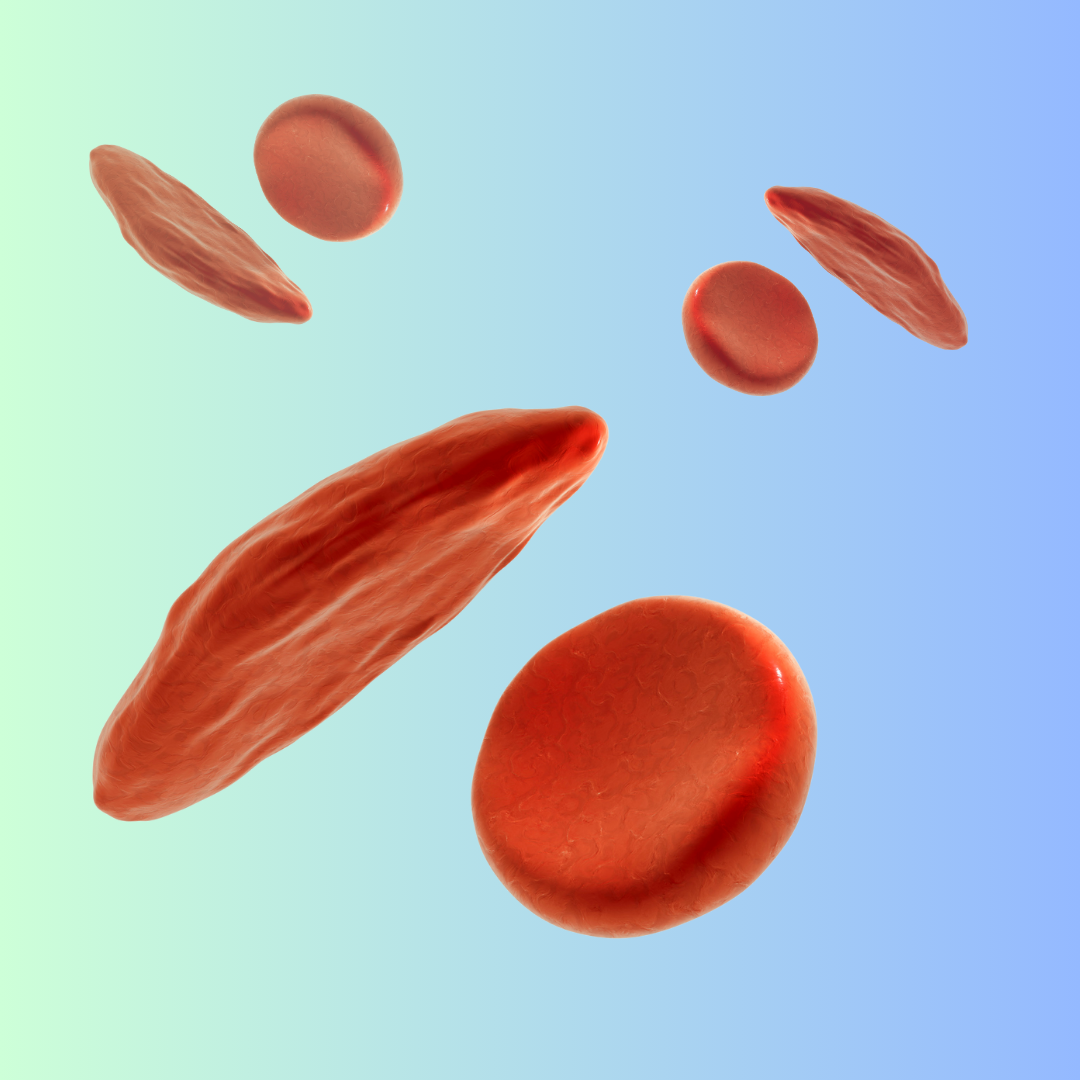Aggregated News

The Food and Drug Administration’s approval on Friday of two groundbreaking gene therapy treatments for sickle cell disease has brought a rare moment of hope and celebration to people with the agonizing blood disorder.
But there is no clear path for the new therapies — one-time treatments so effective in clinical trials that they have been hailed as cures — to reach the countries where the vast majority of people with sickle cell live. Shortly after the approval their manufacturers announced sticker prices in the millions of dollars: $3.1 million for Lyfgenia, made by Bluebird Bio, and $2.2 million for Casgevy, made by Vertex Pharmaceuticals.
Lyfgenia will launch in the United States. Vertex has been prioritizing winning approval in six wealthy countries — the United States, Italy, Britain, France, Germany and Saudi Arabia — that, by one estimate, are home to 2 percent of the global sickle cell population.
Three-quarters of the world’s sickle cell patients are in sub-Saharan Africa. Several million of them are believed to be sick enough that they would be eligible for the new therapies...



